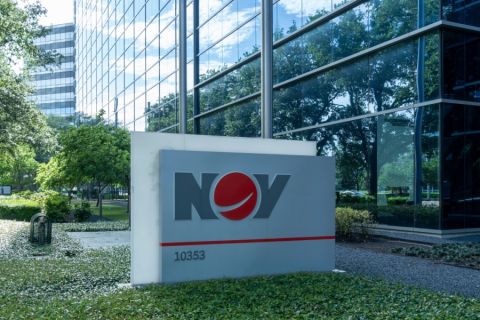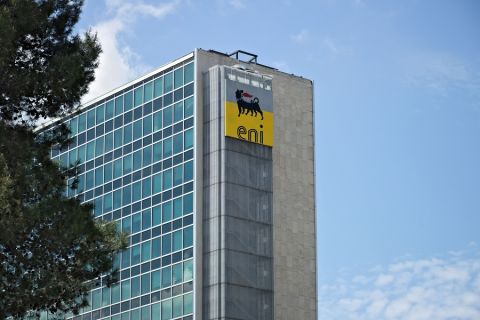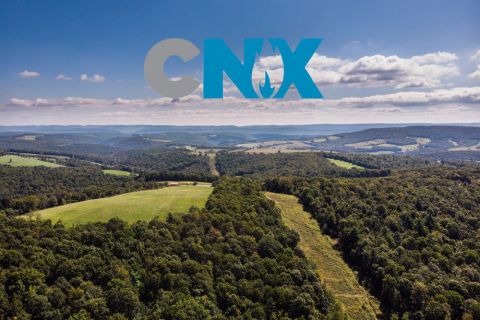Institutional investors are not pushing Calgary-based midstream company Enbridge Inc. to make acquisitions, while they have come to feel more deals-in all industries-fail than do well, says Patrick Daniel, Enbridge president and chief executive officer. Daniel was a panelist at the recent RBC Capital Markets energy-investment conference in Houston on the topic of M&A. Enbridge is the operator of the world's longest crude oil and liquids transportation system, which is in North America, and also has transportation assets in South America. More than 60% of all-industry mergers and acquisitions have not resulted in increased shareholder value as they were intended in the past 30 years, and many deals destroyed shareholder value, said panel moderator Anthony S. Fell, RBC Capital Markets chairman. "Investment bankers have got to take their share of responsibility [for this]...Somewhere an investment banker on all of these deals said it was a fair deal." One decade, the 1980s, was spent putting conglomerates together; another decade, the 1990s, was spent trying to take them apart "because pure plays were the flavor of the day," he said. Enbridge is focused on organic growth companies, Daniel said. Some acquisitions have been made, when they included growth opportunities. Otherwise "all we're going to do is average down." Enbridge has an income trust structure in Canada and a master limited partnership (MLP) in the U.S. Both structures result in distributions to unitholders before taxes. "We have not been able to be competitive on deals unless we use that lower cost of capital," he said. Greg Armstrong, chief executive officer of Houston-based midstream company Plains All American Pipeline LP, expects continued midstream-asset divestments by the former energy-trading firms, such as The Williams Cos., and he is hoping some large diversified companies will spin out their infrastructure assets. He also anticipates some mergers among MLPs. There were 21 MLPs in the natural resources business in 1998 and 35 now. Not all are doing well, and the increased costs of being a public company may contribute to some decisions to sell, he said. Plains operates in the U.S. and in Alberta and Saskatchewan. Armstrong said Plains paid 10 times cash flow for one acquisition-a West Texas pipeline that fit well with Plains' assets. "You'd go broke doing that, but it was a good fit for us...It was a very strategic asset," he said. Because of the purchase, four others became good fits and Plains realized a multiple of six on the returns. "If you're going to use the word 'strategic,' you had better have the word 'accretive' in there somewhere; otherwise, it's just not worth doing." -Nissa Darbonne
Recommended Reading
NOV Announces $1B Repurchase Program, Ups Dividend
2024-04-26 - NOV expects to increase its quarterly cash dividend on its common stock by 50% to $0.075 per share from $0.05 per share.
Repsol to Drop Marcellus Rig in June
2024-04-26 - Spain’s Repsol plans to drop its Marcellus Shale rig in June and reduce capex in the play due to the current U.S. gas price environment, CEO Josu Jon Imaz told analysts during a quarterly webcast.
US Drillers Cut Most Oil Rigs in a Week Since November
2024-04-26 - The number of oil rigs fell by five to 506 this week, while gas rigs fell by one to 105, their lowest since December 2021.
CNX, Appalachia Peers Defer Completions as NatGas Prices Languish
2024-04-25 - Henry Hub blues: CNX Resources and other Appalachia producers are slashing production and deferring well completions as natural gas spot prices hover near record lows.
Chevron’s Tengiz Oil Field Operations Start Up in Kazakhstan
2024-04-25 - The final phase of Chevron’s project will produce about 260,000 bbl/d.




